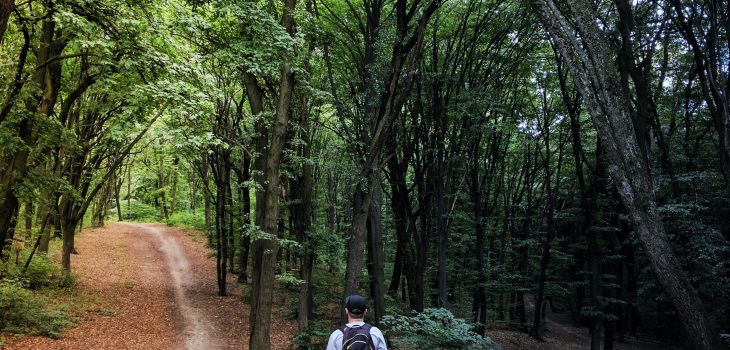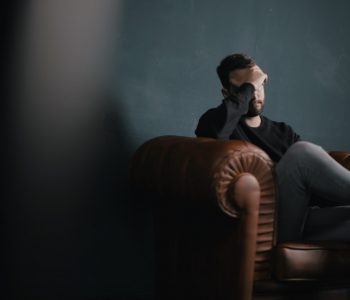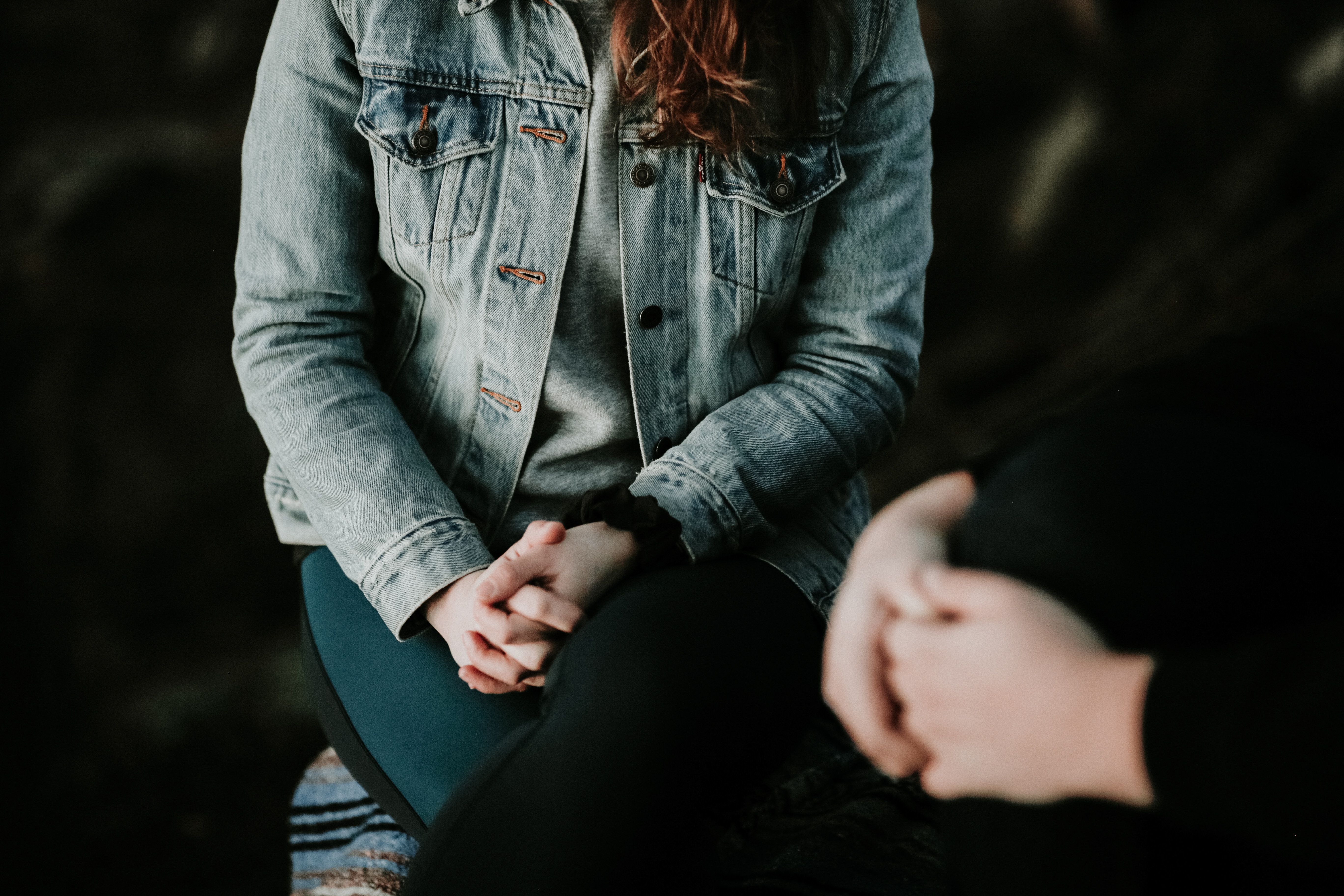
If we know anything for certain, it’s that everything is uncertain. Sure, we can make educated guesses and estimations, but uncertainty remains a constant in our lives. If there’s any question about this, just look back on 2020 through present day and you’ll see a trend of uncertainty. So many questions and so few clear-cut answers.
Most recently, a significant amount of uncertainty has revolved around COVID and sending kids back to school. I would argue that in 2019, many parents didn’t think twice about sending their kids to school. However, over the past one and a half years, things have drastically changed. There are so many more unknowns from what will the safety protocols look like to will my boss be mad if I have to stay home because my child is quarantined and everything in between. Tolerating some unknowns is unavoidable, especially in these times.
Uncertainty itself isn’t a problem
To be frank, there’s nothing inherently wrong with uncertainty and not knowing everything. In fact, I’d argue that if we knew everything that lies ahead of us, there wouldn’t be much joy or motivation in life. However, some people struggle with uncertainty. They feel that they cannot tolerate not knowing. This is actually the core of anxiety. Anxiety’s nemesis is uncertainty.
When it comes to anxiety, there’s so many questions:
- What is going to happen?
- What if…?
- When will you be home?
- Will people think I’m stupid?
- What if I have a panic attack?
- Is this [insert health symptom here] a sign of cancer?
- Will I get sick?
Not everyone with anxiety will have all these questions. Typically, there is only a specific area that someone with an anxiety disorder worries about. For example, uncertainty about social situations, health, danger, etc. The main exception to this is when someone struggles with generalized anxiety disorder. Regardless of the type of anxiety, there is a component of uncertainty to it.
Tolerating uncertainty is paramount
I do want to make it very clear that not everyone who struggles with uncertainty has an anxiety disorder! There are times when all of us ask these types of questions. However, when these questions become so overwhelming and we’re constantly either seeking reassurance or avoiding them, it is problematic and likely time to seek professional help. If you notice yourself struggling with tolerating uncertainty, look into cognitive-behavioral therapy (CBT). This is the gold-standard treatment for navigating the various anxiety disorders. The goal of therapy regarding uncertainty, is not that you never experience it. The goal is not that you’ll find yourself loving uncertainty. Instead, the purpose of this type of therapy is to learn how to tolerate it.
Getting back to the idea that everything in life is uncertain, learning how to be okay with that will decrease overall distress. We want to be able to:
- Go with the flow
- Accept changes in schedule
- Have flexibility in our routine
- Understand that we can tolerate the unknown
- Build confidence that we can cope with the outcome of the uncertainty
Not only do we want to be able to do these things, but we don’t want to have to approach these aspects of our life with anxiety and fear. If you’re unable to do these on your own, that is okay too. There are professionals out there, who do specialize in CBT, who can help you through this process. Remember, the relief you feel when you finally get certainty only lasts until the next uncertain situation arises. Unfortunately, that’s waiting for you right around the corner.









